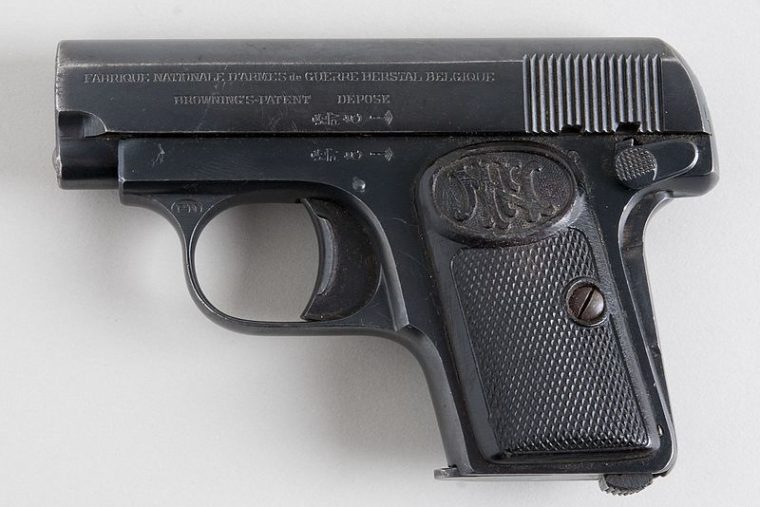From Commonwealth v. Ford, decided Tuesday by a Pennsylvania appellate court:
Section 6110.2 [of the Pennsylvania criminal statutes] provides in pertinent part: “No person shall possess a firearm which has had the manufacturer’s number integral to the frame or receiver altered, changed, removed or obliterated.” … To ensure that serial numbers remain intact on firearms, the legislature has prohibited persons from defacing these markings, see 18 Pa.C.S. § 6117(a), and from purchasing or obtaining defaced firearms, see 18 Pa.C.S. § 6110.2.
The question here is whether corrosion of manufacturer’s numbers renders them “altered, changed, removed or obliterated” within the meaning of section 6110.2…. We do not think that corrosion falls within the plain meaning or ordinary usage of these terms [citing dictionary definitions — EV]. The dictionary defines “corrode” as typically meaning “a gradual wearing away or alteration by a chemical or electrochemical essentially oxidizing process (as in the atmospheric rusting of iron)[.]” Although, in an academic sense, “corroded” items might be “changed” or “altered” through imperceptible forces of chemistry, common sense does not support reading section 6110.2 in this manner…. We must listen attentively to what a statute “does not say.” In our view, section 6110.2 does not say that a crime takes place when a person possesses a gun whose markings have become illegible due to natural causes.
by Eugene Volokh



